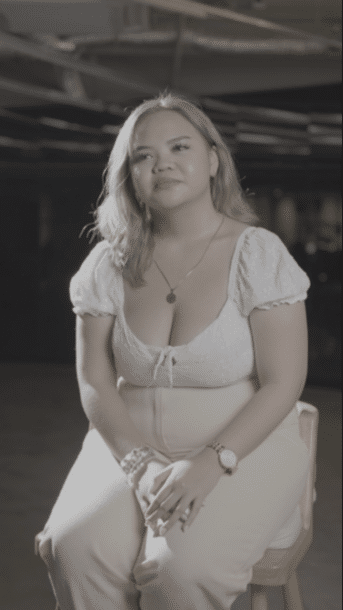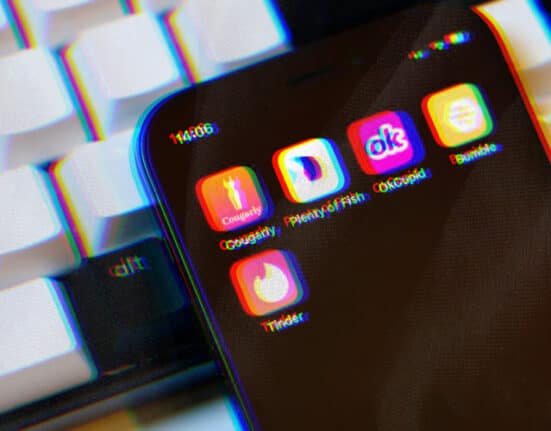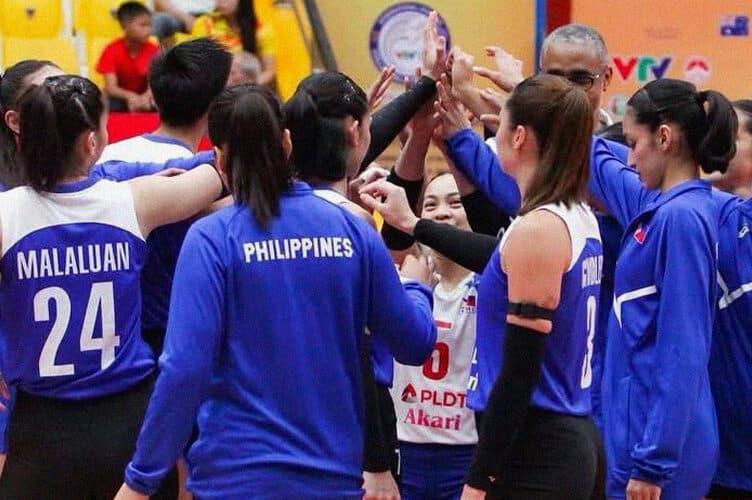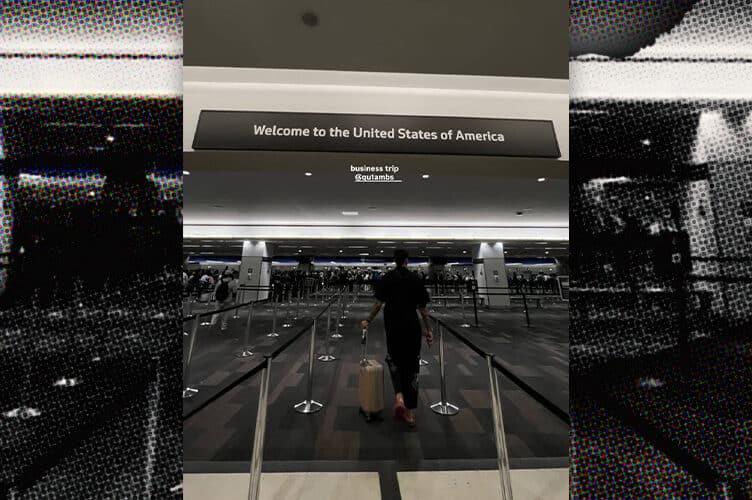EACH generation of our family has their version of dating.
Believe it or not, Filipino men went through the eye of a needle to win the hearts of the women they fancy. Well, at least that’s what our grandparents told us about courtship and dating back in the day.
They said that suitors had to court not only the woman they loved but also her whole family through paninilbihan or the act of servitude. This included pag-iigib or fetching water from the well to the woman’s house, chopping firewood to be used for cooking, and pounding rice. Some even showcased their singing skills through harana or serenading the lady as she peers through her window, among other things.
Such great efforts were exerted but we’re talking only about panliligaw or courtship, the stage where a potential couple gets to know each other before they get engaged and ring the wedding bells. Not to mention, the amount of time the man must spend waiting before the woman decides whether she would give her sweet yes. While nothing’s been decided yet, the man must maintain a respectful distance from the apple of his eye.
This, however, is not always the case in the modern world that has now embraced technology and innovations.
Change is constant in our lives—and the Filipino dating culture is no exception. It has drastically evolved over the years, especially with the advent of dating apps.
How dating apps work
If you’re a woman, you’ve probably been told that you shouldn’t make the first move because it has been the norm that men are the ones who do the courting.
But hey, it’s 2024 and courtship is no longer limited to men. Anybody can court anybody, despite who takes the initiative.
Dating apps are undeniably a big contributor to such shifts in the country’s dating culture. These have become an avenue for people to widen their reach and social circle, as well as make matching—and unmatching—between users faster and easier with just a swipe.
Among those who have been using these apps is 22-year-old cultural and academic freelancer Kane Rancapero.

For her, dating apps are the “most convenient” way to connect with people from different locations, especially now that technology has become an integral part of our lives.
“I started using it during the pandemic because I feel like everyone has been lonely during the pandemic. I’ve met a lot of people already,” she told republicasia.
“You get to know lots of people from different backgrounds, with different stories. It actually helps din in [harnessing] your social skills. I think that’s one of the fun parts,” she added.
There are various dating apps on our mobile phone’s app store. How they work may differ depending on the platform one is using, but the idea is the same: to get single people connected and know more about each other by sharing information about themselves, such as name, age, location, interests, and preferences.
Once two users show interest in one another, one of them may choose to make the first move by messaging the other. From there, they are free to familiarize themselves with their match and decide whether to take their connection to the next level.
Hookup culture in dating apps
Matches in dating apps don’t necessarily mean a higher chance that you and your partner would be the endgame. Your intention can make a difference in your online dating experience.
People use these apps for various reasons—some use them to connect with other individuals for casual dating or for long-term relationships.
Rancapero would use such an app to “date for fun.”
“I want to meet new people ‘cause I’m in my 20s and it’s time to explore, get to know myself. What [do] I really want in a relationship? That’s my main goal,” she said.
But this does not mean she’s closing her doors for marriage. She’s just not rushing to settle down and instead taking her time to discover more about herself at her age.
“I think I’m in my 20s so it’s just about time to meet a lot of people and see where, how it goes,” she said. “But if in the event that I get to meet someone that really clicks with me, that really fits my personality, that we’re on the same wavelength, we have the same priorities in life, then, I’m down for it.”
Some join dating apps for “hookups,” to test the waters.
A Google search about hookup would lead you to a definition of the term, explaining that it involves “physical intimacy.” Such an encounter has become mainstream in today’s era.
But how exactly did Filipino dating culture arrive at this point? Hanna May Rosario, an anthropologist and senior lecturer at the University of the Philippines (UP) Open University, told republicasia that it was mainly because of dating apps.

“It started with the dating apps kasi doon mo makukuha ‘yung mabilis na ka-hookup,” she said.
“Kasi ‘di ba? ‘Yun naman ‘yung ibang purpose ng dating apps eh. Parang it’s just you want someone to talk to, and then nagiging casual dating na kayo, and then you hookup, and then fubu,” she added.
Fubu means having a sexual relationship with someone whom you aren’t romantically committed to. Simply put, it’s a short term for f*ck buddies.
Oddly enough, this concept has existed in Filipino dating culture since pre-colonial times, according to Rosario.
“Actually women are the initiators of courtship. And also, they can have sexual intimacies with other people, outside or within their marriages. So, mayro’n na talagang concept of, like, fubu,” the senior lecturer noted.
Toxic yet normalized?
Sure, hookup culture has become mainstream in the modern world, but this also brings toxicity to those who engage in it.
“Hookup culture is very normalized but it’s also very toxic. But I understand people who are into it; it’s their sexual lives. As long as it’s consensual between two partners, it’s okay for me,” Rancapero said.
However, she said that it could still lead to unintended emotional consequences for the involved parties. One circumstance is when the person develops romantic feelings for the other when the main rule of this relationship is to have no strings attached.
“I think that’s the saddest part kasi coming from the stories of the people I know around me. Hookup culture just leads to traumatic experiences for them,” she shared.
“They feel used. They were used for sexual pleasure and they start to think about themselves na, ‘Is my body the only thing I can offer when I have so much to offer? It’s not just about lust. It’s not just about the sexual intimacy that I can offer but also emotional intimacy,’” she continued.
But such an emotional intimacy could be hard to find in hookups which, Rancapero believed, was not for the faint-hearted.
“You save yourself from that emotional pain. You don’t have to go through it just because everyone’s going through it, okay?” she advised. “There are consequences that come with it. So, if you’re not ready for that, then don’t try it.”
STIs and other risks
Aside from mental and emotional pain, hookup culture could have adverse effects on a person’s sexual and physical health.
Some of those who engage in hookup culture may not be fully aware of the harm this could bring to the table, said Rosario.
“Ang Western [countries], medyo mas aware sila sa mga sexual tendencies na results ng hookup culture, ‘no? Sa atin kasi, I think some people are still exploring. Kaya sometimes ‘yung iba na-su-surprise na lang sila, ‘Bakit nagkasakit na ako?’” she stressed.
She added, “‘Yung sex sa’tin, stigmatized pa rin siya, ‘yung sex discourse? Very sensitive topic to tap [into]. So, I think it somehow affects the hookup culture.”
Among the risks people could get from hookups are sexually transmitted infections (STIs), including the incurable human immunodeficiency virus (HIV) that attacks the body’s immune system. If untreated, it could lead to acquired immunodeficiency syndrome (AIDS).
In 2023, Health Secretary Teodoro Herbosa reported an increase in HIV cases in the Philippines. He said that there was a 418 percent increase in new HIV infections and a 538 percent increase in AIDS-related deaths in the country from 2010 to 2022.
He noted that HIV cases grew to 50 new cases daily, 47 percent of which were recorded among young individuals aged 15 to 24 years old last year.
Generally, people who engage in online dating should also be wary of “love scams,” where perpetrators typically fake their identities online to extort money from their victims.
Just this love month, the Philippine National Police Anti-Cybercrime Group (PNP ACG) reported that the number of recorded romance scam cases in the country jumped from 94 in 2022 to 168 in 2023.
It said that cybercriminals often posed as foreigners working abroad or in the military. Some of them were good at convincing their victims to invest in cryptocurrency but it was actually a fraud.
What should be done
In its bulletin, the PNP ACG gave several tips to the public to avoid falling victim to online love scams:
· Be careful when befriending strangers online
· Do not respond hastily to any requests for money, even if they sound desperate or troubled
· Do not send money to people you do not know well, especially if you have not met in person
· Do not reveal too much about yourself, particularly in the form of photos or videos, to prevent you from being blackmailed
On the topic of hookup culture, Rosario said promoting comprehensive sex education among the young generation is a must.
“Although aware na ‘yung mga tao [sa] sexual education, for me, kulang pa rin talaga siya. Sa schools, ang mostly [na] tinuturo lang [ay] parts eh, reproductive organs, ano ang gagawin ko do’n? Hindi nila alam ang pag-use ng condoms, hindi nila alam ang pag-use ng contraception,” the senior lecturer stressed.
“I think ‘yung knowledge na ‘yun, kailangan talaga natin siya i-bombard sa tao para ma-normalize nila, kasi kung hindi, hindi ko alam ‘yung mangyayari sa mga bata,” she added.
Hookup culture may be normalized but Rancapero argued that it should not be an alternative to test the waters. She said that if they wished to learn more about the person that caught their attention, hooking up with them is not the best option.
“You will get to know the person deeply—who they really are, their core, their foundation, their moral compass, their interests, their hobbies, not just sexual intimacy. There’s more than that, guys,” she reminded.
There’s nothing wrong with online dating; after all, it’s the 21st century’s version of dating, and with rapidly changing technology, we might not just be swiping through dating apps in the future to connect with our match. However, it is still important to educate ourselves more about online dating and be aware of the risks involved to avoid potential harm.
How useful was this post?
Click on a star to rate it!
Average rating 0 / 5. Vote count: 0
No votes so far! Be the first to rate this post.
We are sorry that this post was not useful for you!
Let us improve this post!
Tell us how we can improve this post?









